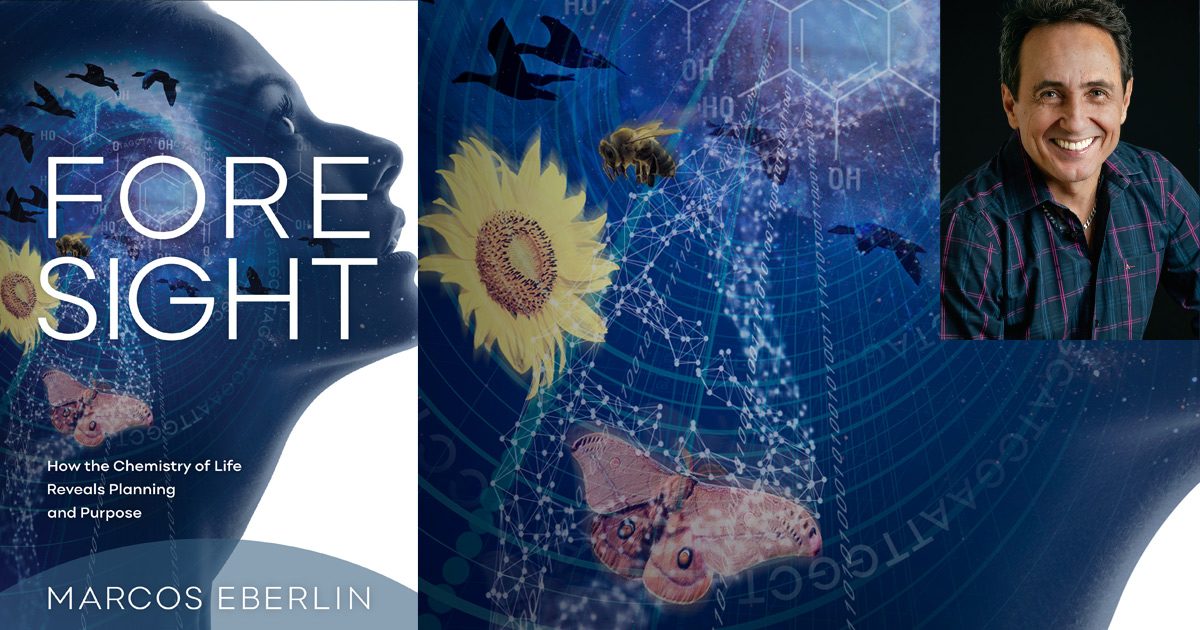 Intelligent Design
Intelligent Design
How Life Looks and How It Works: Thoughts on Eberlin’s Foresight


Editor’s note: Dr. Glicksman practices palliative medicine for a hospice organization. He is the author of the “Designed Body” series for Evolution News.
I have now read chemist Marcos Eberlin’s new book, Foresight: How the Chemistry of Life Reveals Planning and Purpose. Dr. Eberlin is a world-renowned expert on mass spectrometry — a complicated process by which molecules are analyzed. Since he is not a biologist, some might question his authority to speak on the origin and evolution of life. On the contrary, though, his expertise lies in the very nature of the fundamental substance through which life exists — chemicals.
A Very Different Matter
Evolutionary biologists study how life looks. But understanding how it works within the laws of physics and chemistry to survive is a very different matter, crucial to comprehending biological origins. On this subject, chemists, physicians, and engineers may comment usefully.
As Eberlin writes, “the need to anticipate….potentially fatal problems….and solve them ahead of time…is observable all around us.” He demonstrates this basic principle as it applies to the built-in engineering of life, which is the basis for my own field of medical science. He naturally starts at the building-block of life, the cell with its membrane and channels that allow for vital chemical exchange. He goes on to explain some of the fundamentals and chemical consequences of biochemistry, the genetic code and proteins. He moves upwards, in biological terms, to bacteria, bugs, plants, and animals. Among the latter he includes birds, with a fascinating explanation of magnetoreception (allowing for migration), and finally several aspects of human life.
Wishful Thinking, “Just So” Stories
Along the way Eberlin points out how “these features speak strongly against modern evolutionary theory in all its forms, which remains wedded to blind processes.” He does so based not just on how life looks but on the real nature of chemicals and how life actually works. He concludes that “evolutionary ‘just so’ stories” are examples of “wishful thinking starved of molecular details — long on the why and short on the how.” This will ring true with anyone who really understands what it takes to be alive.
Foresight is an eminently readable book in which the reader will find real science, philosophy, humor, wonder, and the humility they all naturally engender. I recommend it.
